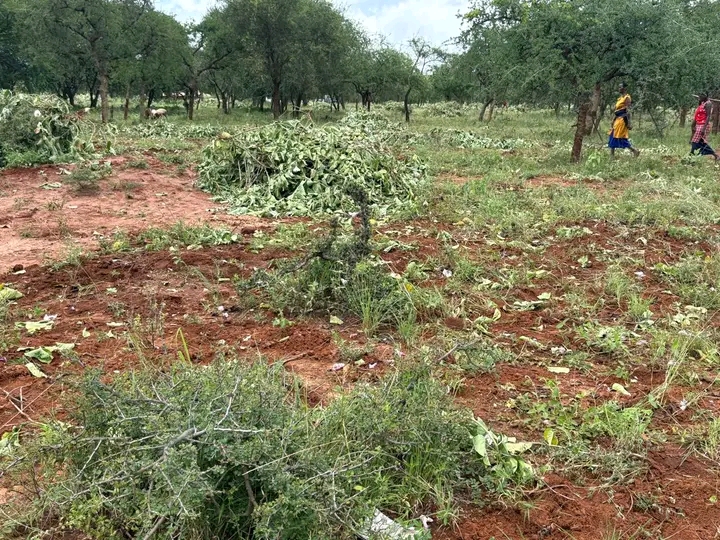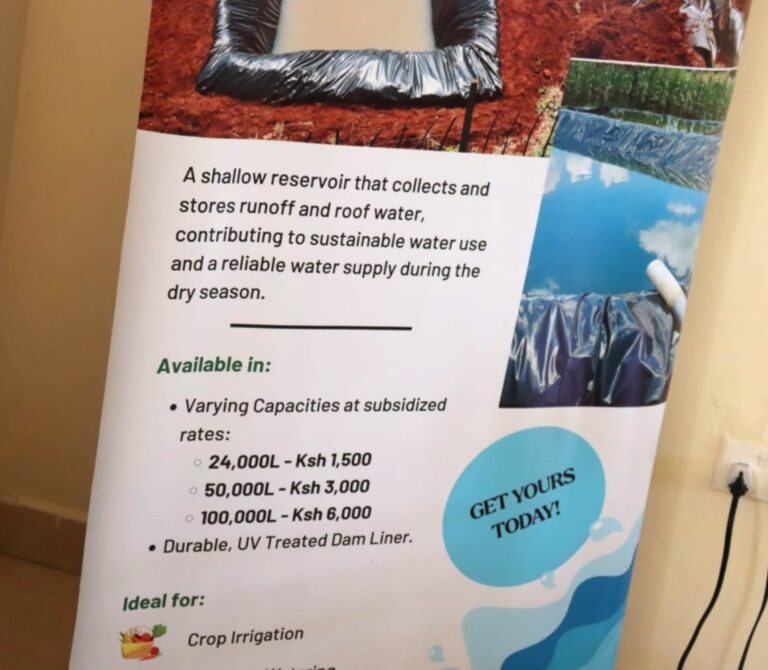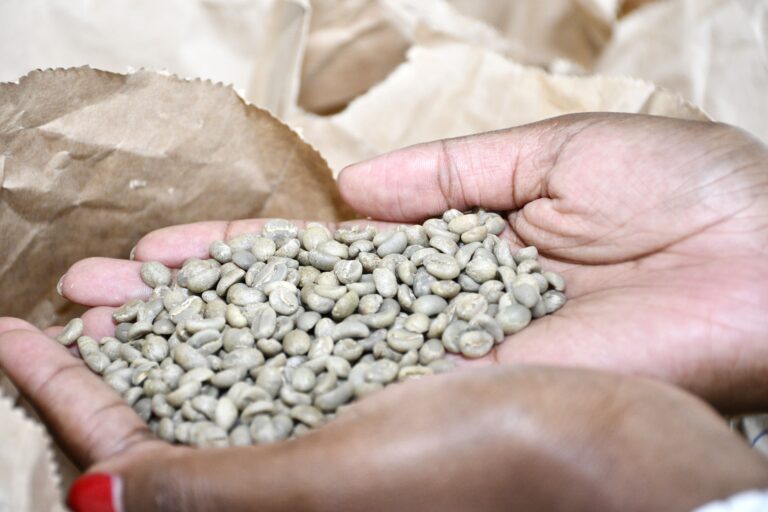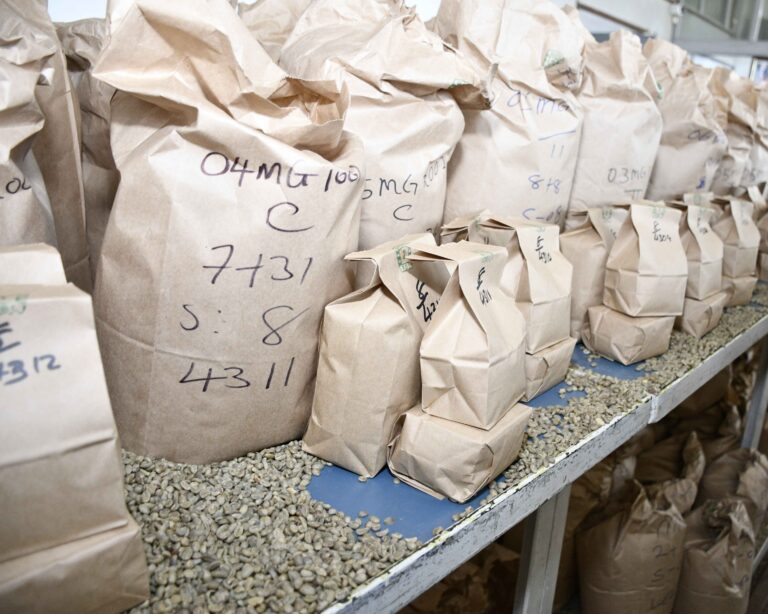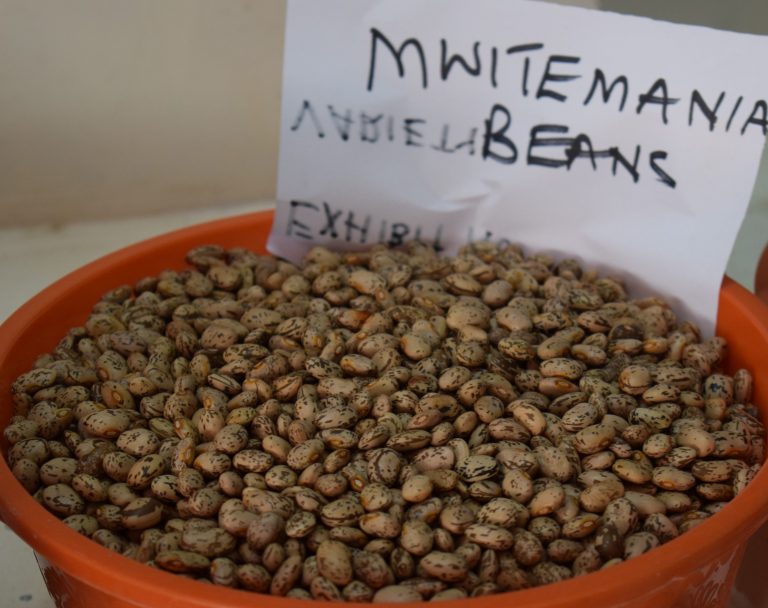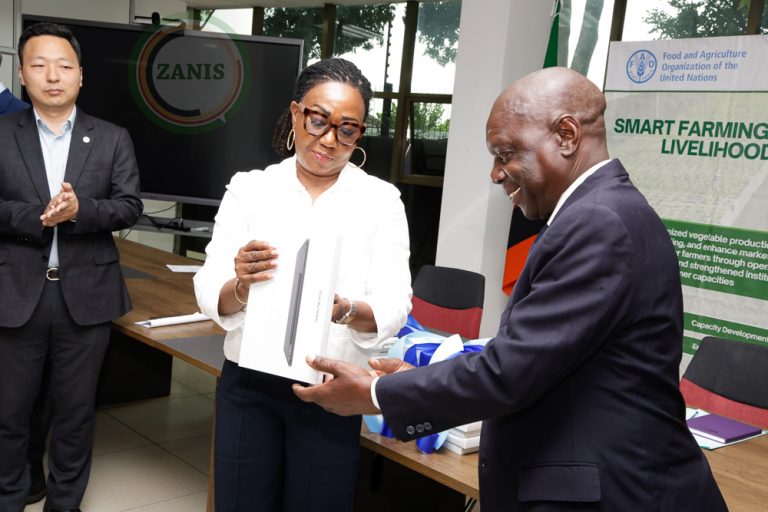The Department of Environment, Natural Resources, and Climate Change in Kajiado County has launched a grassroots sensitization campaign aimed at eradicating Ipomoea, an aggressive invasive weed that has overrun grazing fields and devastated livestock farming in the region.
County Executive Committee Member (CECM) for Environment, Natural Resources, and Climate Change, Michael Semera, said the plant, declared a county disaster in 2023 by Governor Joseph Ole Lenku, has invaded vast swathes of pastureland, rendering them barren.
“This weed has occupied huge acres of grazing fields and brought immense losses to livestock farmers as no pasture grows under it,” said Semera during the campaign’s launch in Matapato South.
The campaign, which targets heavily infested areas such as Matapato North, Matapato South, and Imaroro in Kajiado East, comes at a time when herders have been forced to move in search of greener pastures—even in areas that have recently received rain.
“There is an urgent need to tackle the spread of Ipomoea as it threatens livelihoods by suppressing the growth of grass and other vegetation, making large areas of land unproductive and unsuitable for livestock grazing,” Semera opined.
He called on residents to uproot the weed, particularly during the rainy season when it is easier to remove from the ground. “The only solution is to uproot it. We are calling upon all farmers to uproot it on their farms so that we can protect the environment and save our livelihoods,” he said.
To bolster the effort, the department has mobilized ten community groups, each comprising 100 members, to disseminate information and coordinate action at the grassroots level.
Semera also noted that through the World Bank-funded Financing Locally-Led Climate Action Program, the county is supporting communities with the reintroduction of high-quality pasture species to reclaim and restore affected lands. Locally, the weed is known as Oltiameleteti.
As part of the initiative, 30 acres of land have been earmarked in Imaroro and Matapato to serve as demonstration sites. These will be managed by local communities with guidance from technical officers who will assist in clearing the weeds and restoring the pasture.
During the sensitization exercise, agricultural officers trained locals on how to identify, uproot, and safely dispose of the invasive plant. Grass seeds were also distributed to support pasture regeneration and improve soil health.
First spotted in Kenya during the El Niño rains of 1997, Ipomoea has since spread across an estimated three million acres in Kajiado County alone.


